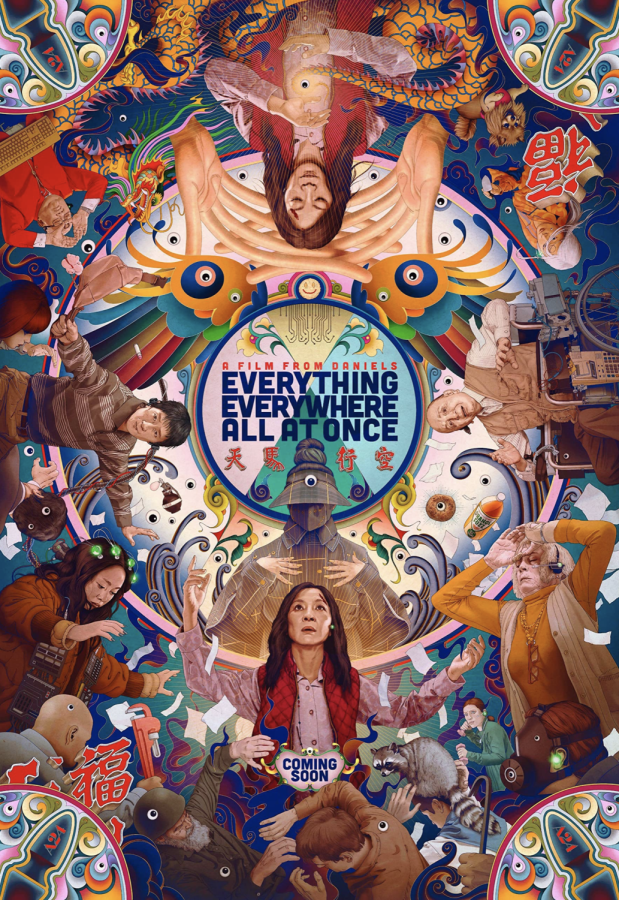My Mandarin is very bad. The flow of every sentence is broken up by the occasional English word, culminating in what I have termed “Chinglish.”
Chinglish is the way I naturally communicate with my family. And it’s not specific to Chinese people. Mixing languages is the way many immigrant families communicate—when children don’t have a full grasp of their mother tongue and parents must get their children to understand for what they’re being scolded.
Still, it’s rare to see this realistically imperfect aspect in movies. This inclusion, and many more aspects of “Everything Everywhere All At Once,” is why I see this award-winning film as a rare and brilliant example of Chinese-American representation.
realistic representation & the small things
“Nǐ xiān qù (Go and) steam the tablecloths for tonight,” the protagonist, Evelyn Wang, says in the first few lines of the movie. Immediately, the audience is swept up by rapid-fire Chinglish across Mandarin and Cantonese. But the realism doesn’t end at the language. In the first five minutes of the movie, the directors capture some hallmarks of the immigrant experience: multi-generational homes, a crowded house with clashing knick-knacks and the disappointment of being born a daughter.
At the same time, small glimpses of injustice creep into character interactions. “I thought you people were good at math,” a laundromat customer says after a machine eats his $20 bill. Deirdre, the IRS agent, raises and slows down her voice with an alienating impatience when asked to clarify.
These subtle tones—some hopeful, some uncomfortable—make “Everything Everywhere All At Once” feel incredibly domestic. It centers the film as a movie about the immigrant experience, not just Chinese or American, but a Chinese-American story.
imperfect translations can be a make or break
I love the entire movie, but I’m not blind to its flaws. One crucial error I believe must be rectified is the translation of Waymond Wang’s saddest quote: “In another life, I would have really liked just doing laundry and taxes with you.”
I didn’t think this scene could make me cry any harder until I watched it a second time, and realized the English subtitles translated two words differently from my interpretation, which changed the meaning of the line.
Waymond’s line is in Mandarin, and he says: “如果有来生, 我还会选择和你一起报税, 开洗衣店.” My, albeit limited, translation of this is: “If we had another life, I would still choose to do taxes and open a laundromat with you.”
To me, the minor distinction of choice is important because it emphasizes the gravity of the decisions we make and how it is the significance of these choices that give our seemingly insignificant lives meaning. Choosing to do laundry and taxes with Evelyn conveys a certainty that Waymond would actively make that decision if he was able to do it again.
The line not only shows Waymond’s capacity for optimism and kindness, but the distinction is important for Evelyn. In a movie where the multiverse exists, where every version of yourself is cooler and stronger than you, it’s almost unbelievable to hear that someone would choose the plain existence. Evelyn spends a lot of time reminiscing in the other universes, almost angry at the fact that this version of herself is the only one that didn’t do anything great. Waymond’s monologue makes her realize the importance of optimism while reminding her why she chose the life she did.
“Everything Everywhere All At Once” is an everything bagel. It’s a raunchy comedy and an immigrant drama. It’s an action sci-fi and a piece on generational healing. It’s a representation of the Chinese-American experience that has rarely been covered. Most importantly, it’s a good movie.
Click here to read a perspective on representation in front of and behind the big screen.
On this blog, members of the Carmel High School chapter of the Quill and Scroll International Honorary Society for High School Journalists (and the occasional guest writer) produce curations of all facets of popular culture, from TV shows to music to novels to technology. We hope our readers always leave with something new to muse over. Click here to read more from MUSE.











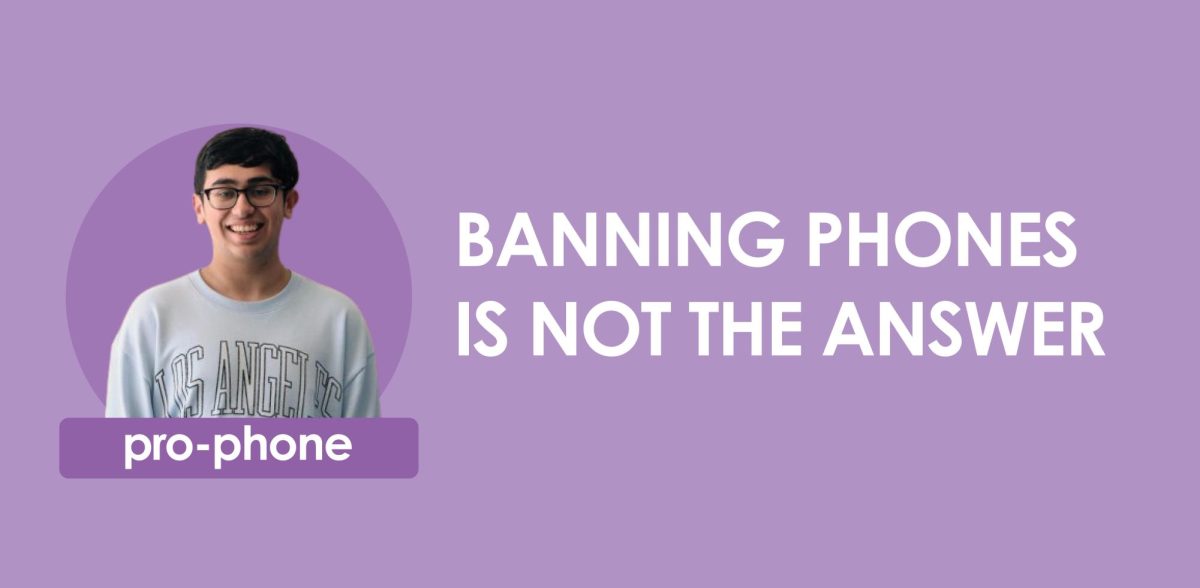
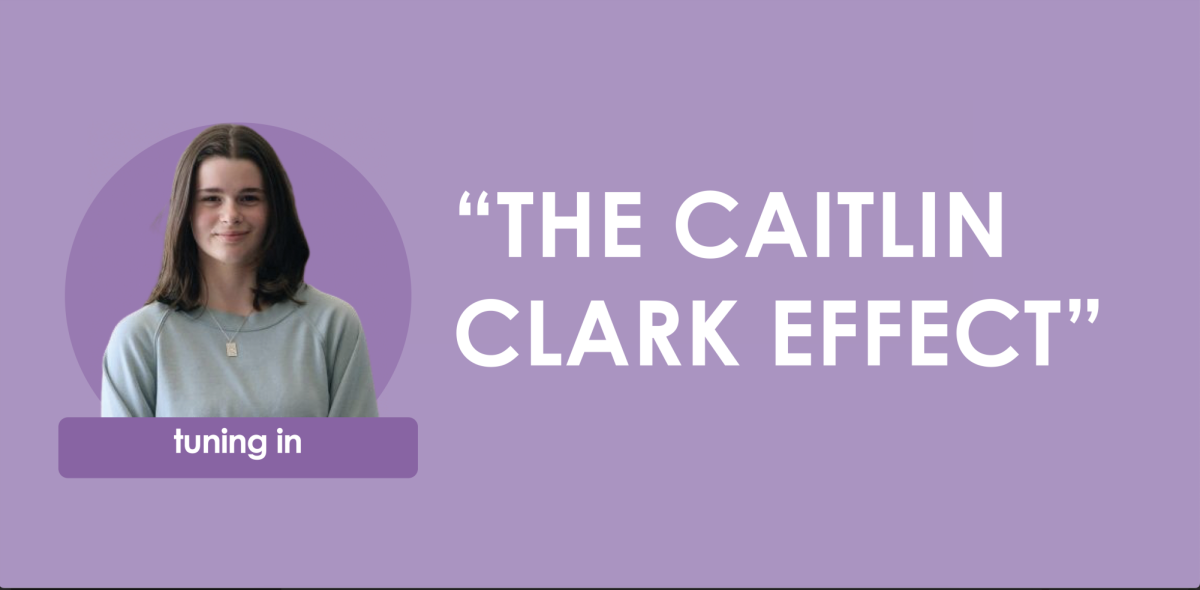

















![Family vlogger controversy, need for content reform [opinion]](https://hilite.org/wp-content/uploads/2024/05/Screenshot-2024-05-14-11.33.37-AM-1200x465.png)
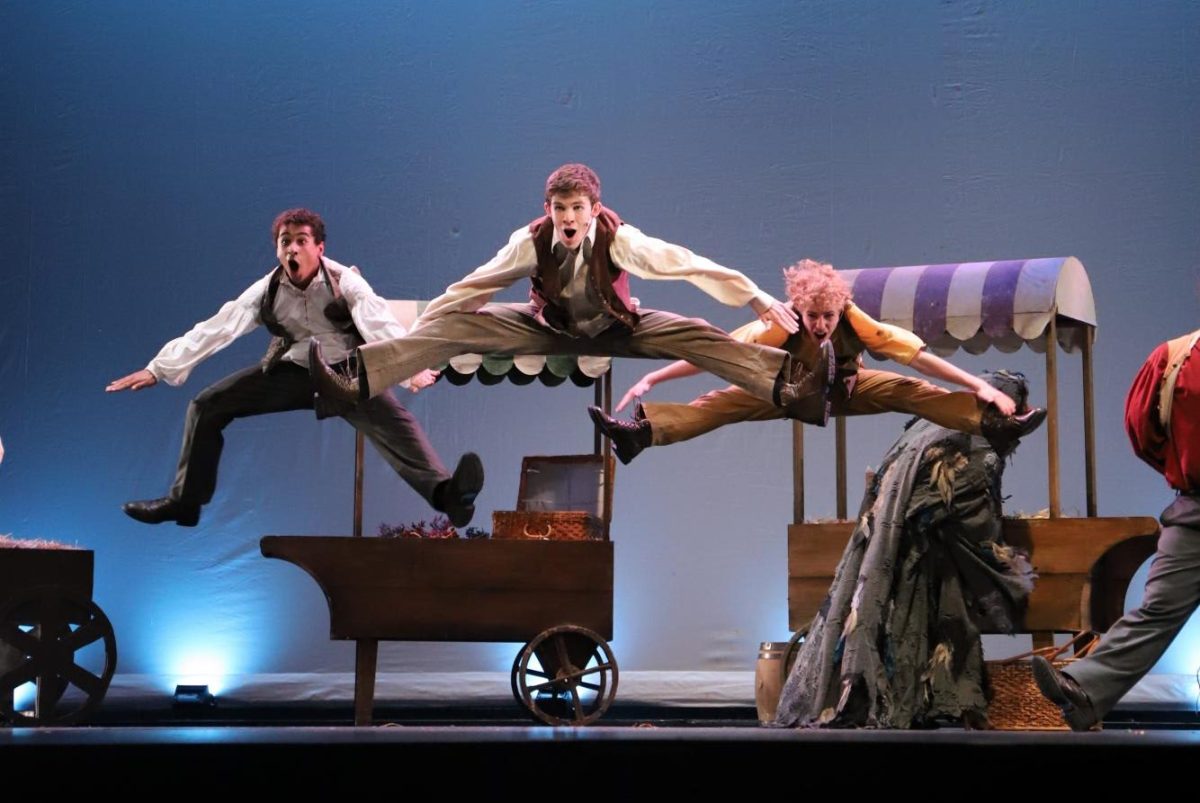
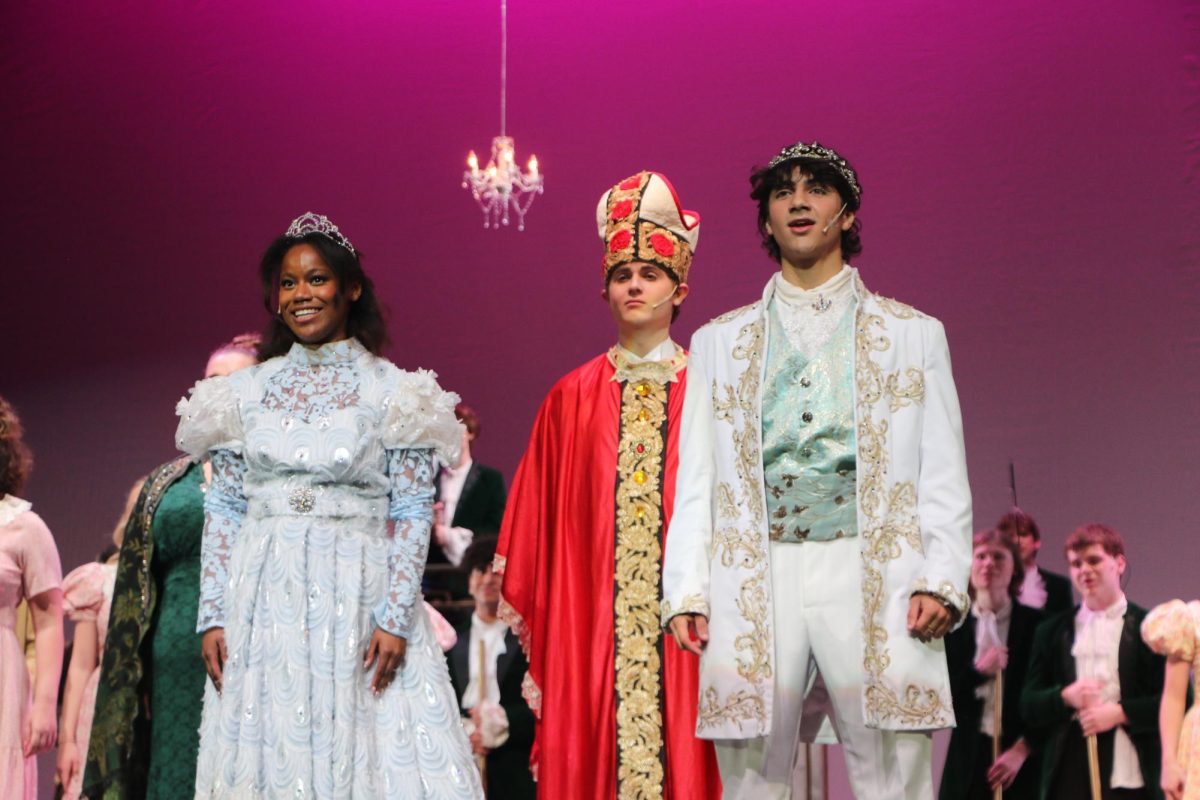



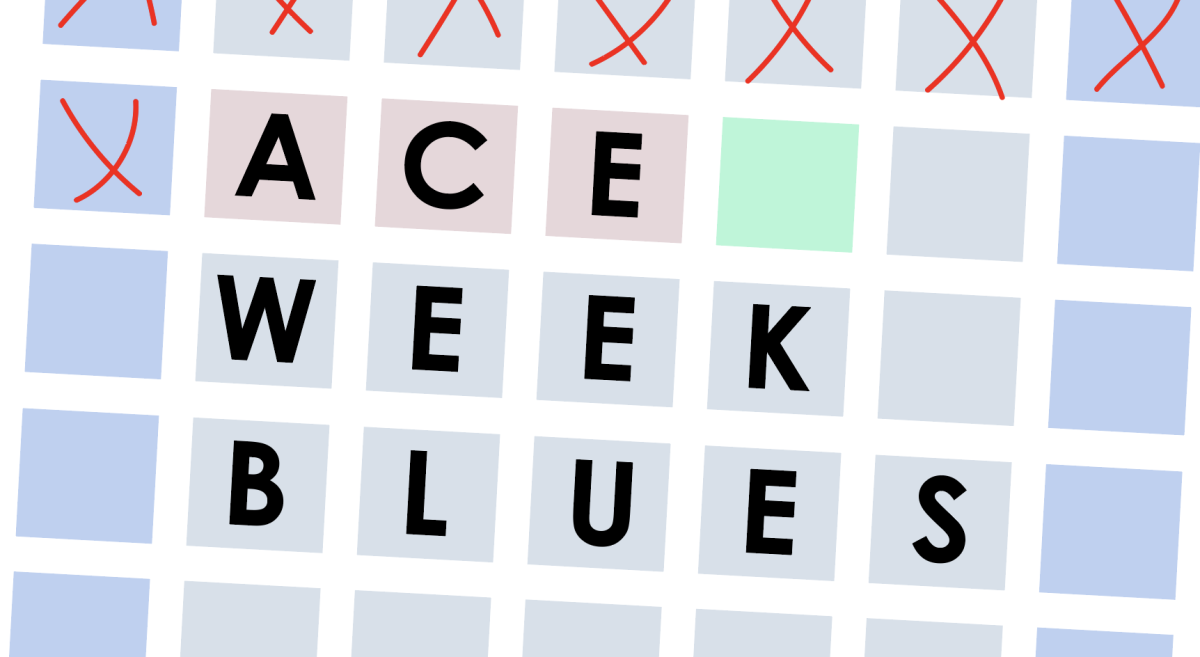
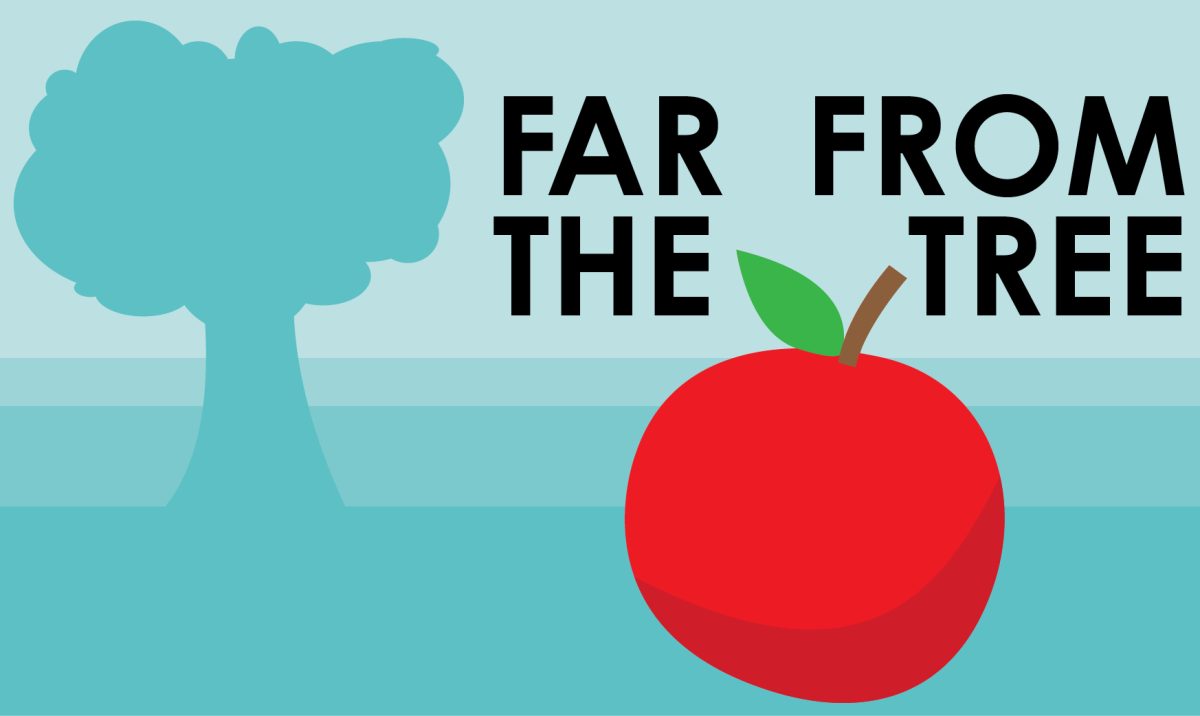







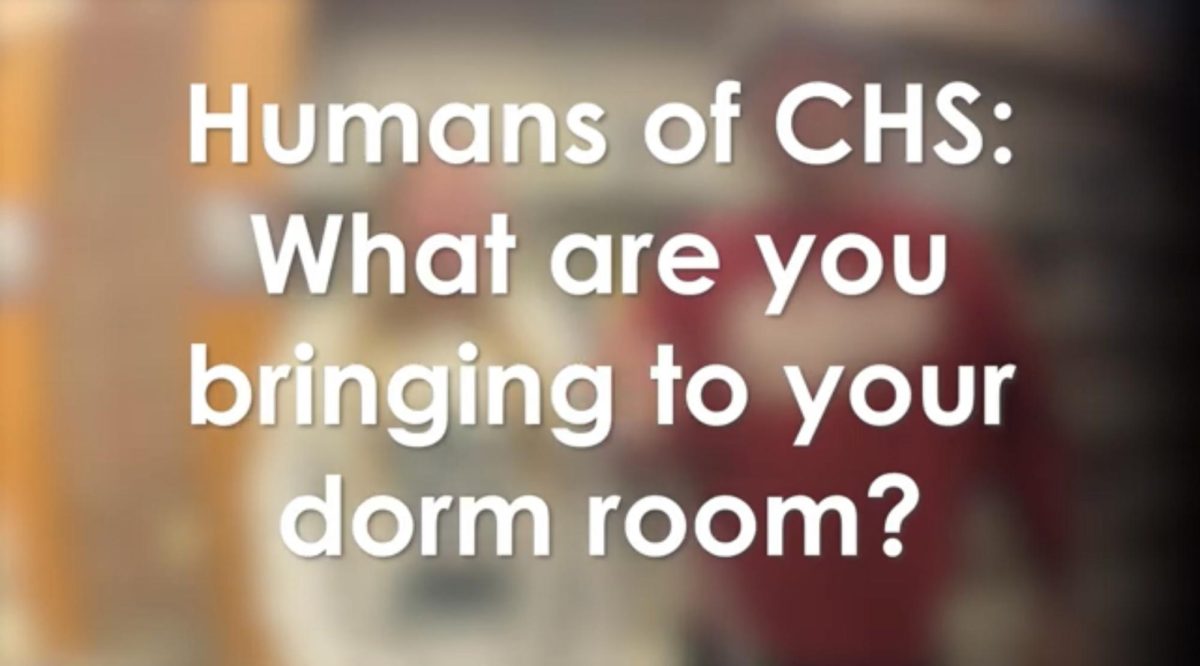













![Review: Taylor Swift’s new album The Tortured Poets Department is not her best work but is still a brilliant album [MUSE]](https://hilite.org/wp-content/uploads/2024/05/The-Anthology_Cover-1200x675.webp)
![Review: Challengers does it all [MUSE]](https://hilite.org/wp-content/uploads/2024/05/challengers-poster-1200x600.png)
![Review: A House of Flame and Shadow by Sarah J. Maas was a disappointing read [MUSE]](https://hilite.org/wp-content/uploads/2024/05/house-of-flame-and-shadow-feature.png)
![Review: Conan Gray’s new album, “Found Heaven”, is a refreshing twist on modern music [MUSE]](https://hilite.org/wp-content/uploads/2024/05/Screenshot-2023-10-31-at-16.01.05.webp)
![Review: “Bodies, Bodies, Bodies” is the quintessential Gen-Z movie [MUSE]](https://hilite.org/wp-content/uploads/2024/05/Screenshot-2024-05-15-140618.png)
![Review in Print: Maripaz Villar brings a delightfully unique style to the world of WEBTOON [MUSE]](https://hilite.org/wp-content/uploads/2023/12/maripazcover-1200x960.jpg)
![Review: “The Sword of Kaigen” is a masterpiece [MUSE]](https://hilite.org/wp-content/uploads/2023/11/Screenshot-2023-11-26-201051.png)
![Review: Gateron Oil Kings, great linear switches, okay price [MUSE]](https://hilite.org/wp-content/uploads/2023/11/Screenshot-2023-11-26-200553.png)
![Review: “A Haunting in Venice” is a significant improvement from other Agatha Christie adaptations [MUSE]](https://hilite.org/wp-content/uploads/2023/11/e7ee2938a6d422669771bce6d8088521.jpg)
![Review: A Thanksgiving story from elementary school, still just as interesting [MUSE]](https://hilite.org/wp-content/uploads/2023/11/Screenshot-2023-11-26-195514-987x1200.png)
![Review: When I Fly Towards You, cute, uplifting youth drama [MUSE]](https://hilite.org/wp-content/uploads/2023/09/When-I-Fly-Towards-You-Chinese-drama.png)
![Postcards from Muse: Hawaii Travel Diary [MUSE]](https://hilite.org/wp-content/uploads/2023/09/My-project-1-1200x1200.jpg)
![Review: Ladybug & Cat Noir: The Movie, departure from original show [MUSE]](https://hilite.org/wp-content/uploads/2023/09/Ladybug__Cat_Noir_-_The_Movie_poster.jpg)
![Review in Print: Hidden Love is the cute, uplifting drama everyone needs [MUSE]](https://hilite.org/wp-content/uploads/2023/09/hiddenlovecover-e1693597208225-1030x1200.png)
![Review in Print: Heartstopper is the heartwarming queer romance we all need [MUSE]](https://hilite.org/wp-content/uploads/2023/08/museheartstoppercover-1200x654.png)






















![Review: “Ginny & Georgia” is a dramatic and poorly made emotional rollercoaster–and I loved it anyway [MUSE]](https://hilite.org/wp-content/uploads/2024/03/ginny-and-georgia-season2-main-be37bbb9487a41e88b3f66c3baacd5c3-300x177.jpg)
![Review: Witch Hat Atelier is a masterpiece in art and world-building, but the story has only begun [MUSE]](https://hilite.org/wp-content/uploads/2024/01/unnamed-211x300.png)
![Review: “Mysterious Lotus Casebook” is an amazing historical Chinese drama [MUSE]](https://hilite.org/wp-content/uploads/2024/03/0-300x170.webp)
![Review: “A Little Life” by Hanya Yanagihara is the epitome of a heartwrenching masterpiece [MUSE]](https://hilite.org/wp-content/uploads/2024/01/unnamed-5-300x200.png)


